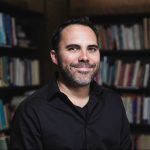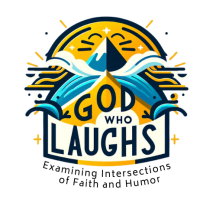
California Institute of Integral Studies
Early modernity tended to appeal to the trope of the book of nature as a way of securing knowledge — including knowledge about God — against the exigencies of history and culture, but as theorists such as Timothy Morton, Bruno Latour, and others have argued, today this assumed dualism of nature and culture is both ecologically and critically suspect. What might it mean to read the book of nature in a time of ecological precarity, what many have called the anthropocene? I will argue that premodern theological traditions of the book of nature, such as one finds in the twelfth century Hugh of Saint Victor, have something extremely important to add to a postmodern ‘terrestrial’ hermeneutics of nature precisely because the premodern book of nature already performs the construal of nature as culture (and of culture as nature) so often recommended today by critics such as Latour, Haraway, and others. On such an account, nature is neither a fantasy object to be ignored or fled, nor a stable text to be tamed, rationalized, and epistemically leveraged, but rather the changing concept and experience of nature is a symbol illuminated in a book we half receive, and half create, a symbol open to both critique and contemplation, which gives rise to thought, action, and the sort of novel moral intuitions we need now more than ever.
